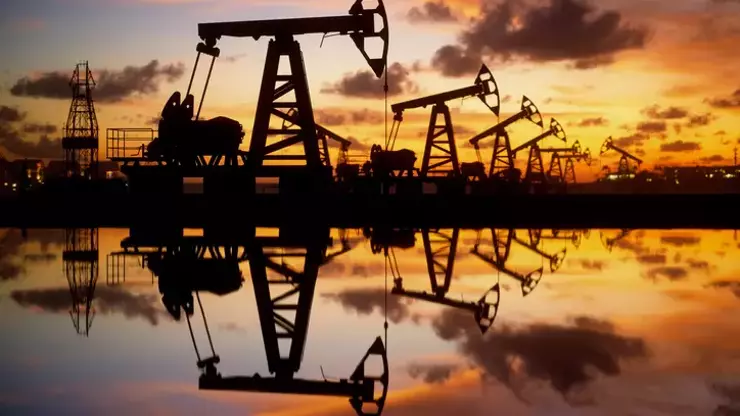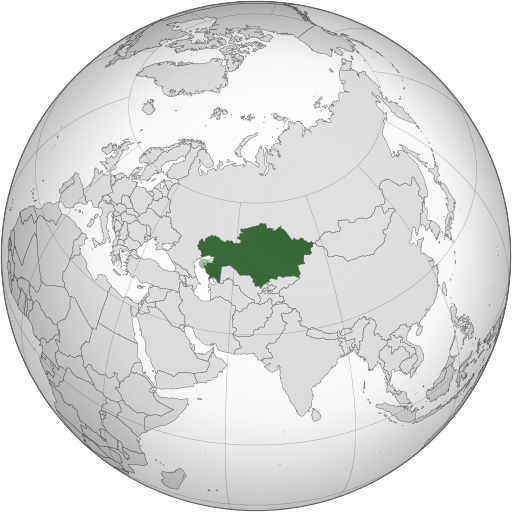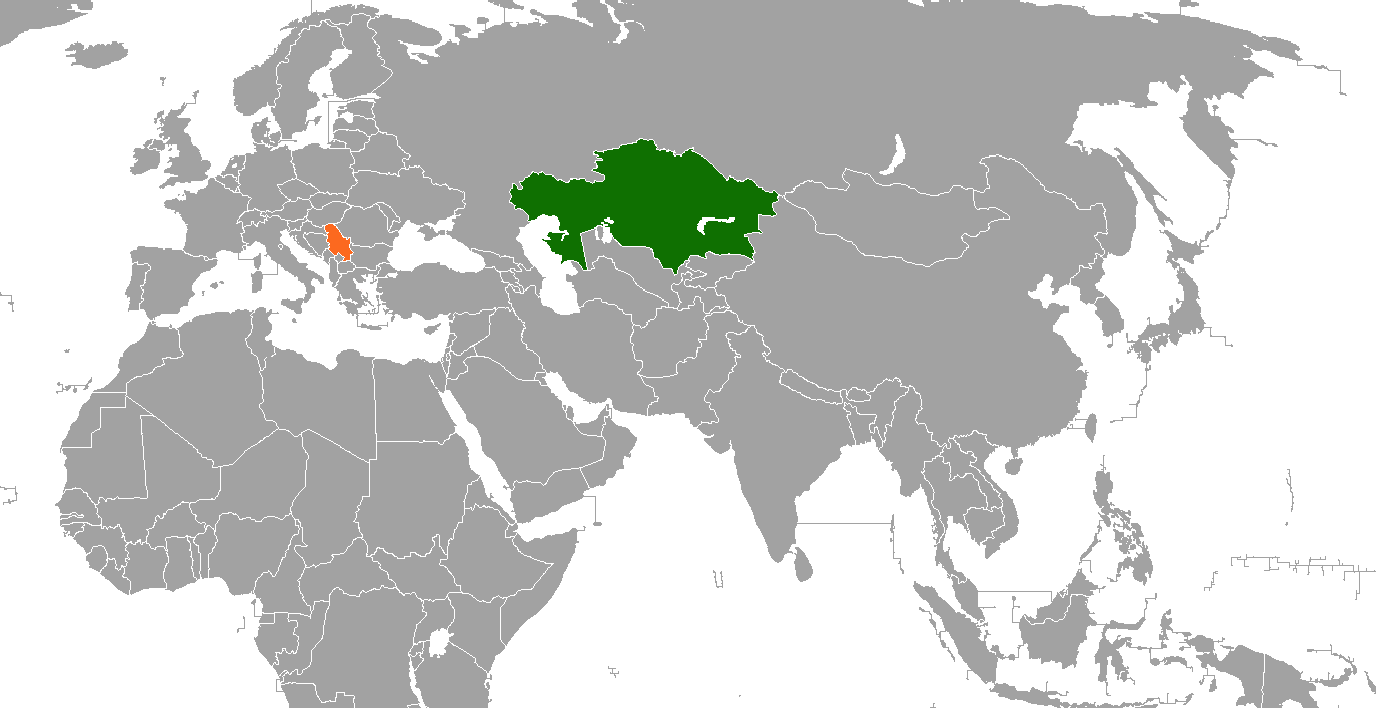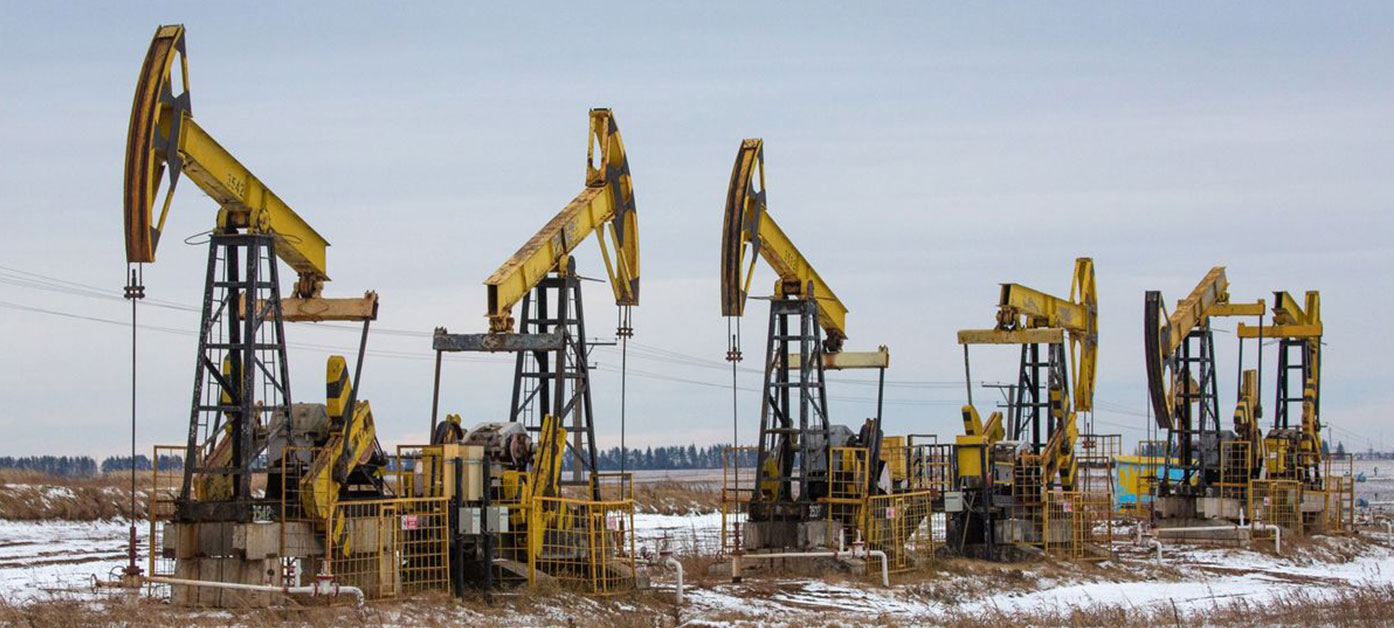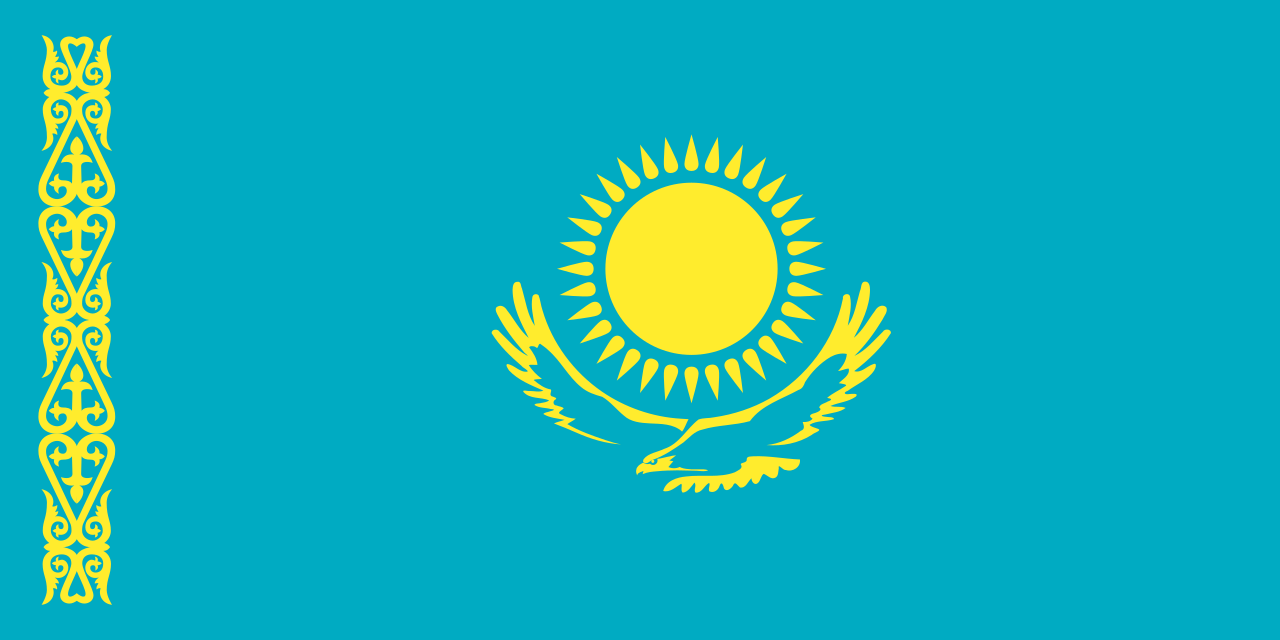
Kazakhstan acts as a guarantor of oil supplies to Europe
Kazakhstan acts as a guarantor of oil supplies to Europe
Kazakhstan, with its reserves of energy resources, began to attract attention as a guarantor of oil supplies to European countries. Kazakhstan provides most of the oil exported to the countries of the European Union. EU leaders are making efforts to expand cooperation with Kazakhstan in the field of energy security. The potential of Kazakhstan's oil sector and energy cooperation with Europe are summarized.
In the context of the destabilization of the geopolitical situation in the world over the past two years, Kazakhstan, which has large reserves of energy resources such as oil and natural gas, coal and uranium, has become a key country in which European countries are interested in their "security", especially in oil supplies.
In the second part of the RA dossier entitled "Energy of the Turkic States and the interests of Europe", the AA correspondent summarized the potential of Kazakhstan's oil sector and cooperation with Europe in the field of energy.
Kazakhstan, which has the second largest proven oil reserves on the Eurasian continent, currently exports about 70 percent of its oil to the countries of the European Union (EU).
In this regard, EU leaders are making efforts to expand cooperation with Kazakhstan, one of the important countries in the field of energy security. EU Council President Charles Michel, who made his first official visit to Kazakhstan in 2022, said they want to deepen relations with Kazakhstan, which he described as an important trading partner in Central Asia.
French President Emmanuel Macron, who made his first official visit to Astana in 2023, also said that they want to develop cooperation with Kazakhstan in the energy sector.
President of Kazakhstan Kassym-Jomart Tokayev at a meeting with German President Frank-Walter Steinmeier, who paid an official visit to his country in the same year, said: "Kazakhstan is ready to provide the German economy with the necessary energy resources and raw materials in the difficult geopolitical and geo-economic period in which we are located."
Kazakhstan is also noteworthy as the only country in Central Asia with which the EU has signed an "Enhanced Partnership and Cooperation Agreement" with its 4.4 billion tons of oil reserves.
Kazakhstan, which before the Russian-Ukrainian war was the third largest energy supplier to Europe after Russia and Norway among the countries of the OPEC+ group, which before the Russian-Ukrainian war consisted of the Organization of Petroleum Exporting Countries (OPEC) and some non-OPEC producing countries, further strengthened this position.
Although Kazakhstan transports most of the oil shipped to Europe through the Caspian Pipeline Consortium (CPC), which passes through Russian borders, Kazakh oil, which is not under EU sanctions, has become an important option for the European market instead of Russian raw materials.
Last year, Kazakhstan shipped 993 thousand tons of oil to Germany
Austria, the Czech Republic, France, the Netherlands, Spain, Italy, Romania and Greece stand out as consumers of Kazakh oil in the EU. Italy is the largest supplier of Kazakh oil to Europe. Kazakhstan exported 15.7 million tons of oil worth $9.2 billion to Italy in January-August 2023.
Kazakhstan strengthened its position in the European market last year by starting oil supplies to Germany via the Druzhba pipeline.
As part of the agreement between the governments of Kazakhstan and Germany, which in 2023 shipped 993 thousand tons of oil to the Schwedt refinery in eastern Germany, this figure is planned to increase to 1.2 million tons in 2024.
Kazakhstan, which produced about 90 million tons of oil last year and shipped 70.5 million tons abroad, intends to produce 95.4 million tons of oil in 2024.
It is expected that Kazakhstan, where two large shale oil fields have just been discovered, will continue to be one of the countries attracting the attention of global investors in the energy sector in the future.
Alternative oil transportation routes are being developed
The Government of Kazakhstan is concerned that with the outbreak of the Russian-Ukrainian war, shipment via the CTC pipeline, where 80% of the oil transported from Kazakhstan abroad is pumped, is interrupted from time to time for various reasons.
For this reason, Kazakhstan, which has created alternative oil supply routes to European countries, signed an agreement with its neighbor Azerbaijan on the transportation of oil from the Caspian Sea and last year began transportation via the Baku-Tbilisi-Ceyhan (BTC) pipeline.
President Kassym-Jomart Tokayev also said that it is planned to increase the volume of oil transportation along the Trans-Caspian International Transport Route (middle corridor), where the BTC line is located, to 20 million tons per year.
- "Europe has received assurances from Kazakhstan regarding stable oil shipments"
Saparbai Dzhubaev, a lecturer at the Economics Department of the Kazakh University of Technology and Business, economist, said that 3.5 percent of the world's energy resources are located in Kazakhstan. Pointing to the recent visits of EU leaders to Kazakhstan with growing interest, Dzhubayev said: "After the geopolitical events in the world, the leaders of the European Union received assurances from Kazakhstan regarding the stable shipment of energy resources, especially oil."
Dzhubayev added that Europe, concerned about conflicts and crises in the world's largest oil-producing regions, sees Kazakhstan as a "reliable partner" in this area.
Marat Kairlenov, Director of the Ulagat Economic Research Company, stressed that it is strategically important for Kazakhstan to develop alternative routes for transporting its oil abroad, which will last for 60-100 years.
In this context, Kairlenov stated that the Trans-Caspian International Transport Route should be developed as an alternative to the CPC pipeline, which over the past 20 years has provided access to the country's global oil market, and the potential of the BTC pipeline should be increased.
